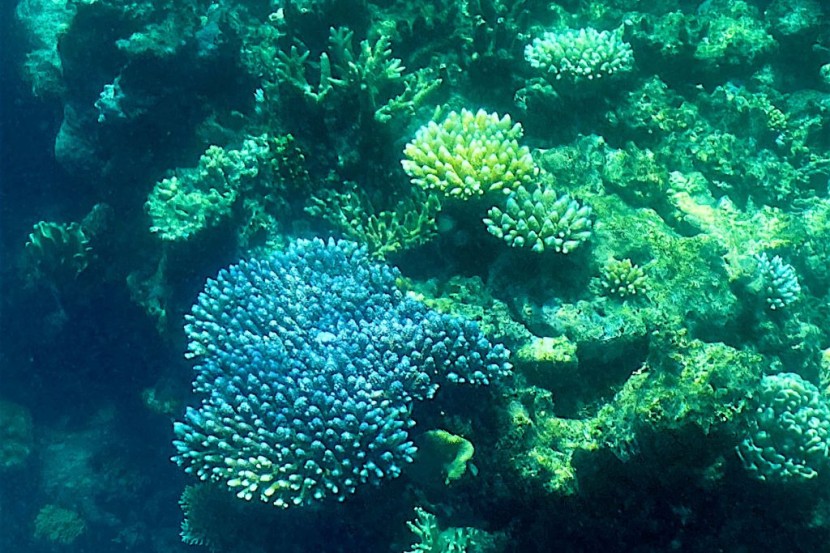
Experts revealed that the sixth mass bleaching event has affected 91% of the Great Barrier Reef this year amid the growing threat of climate change.
Rising temperatures bringing about warmer waters are believed to be the cause of the incident and are based on new findings from an Australian government agency. In March, scientists from the Great Barrier Reef Marine Park Authority (GBRMPA) confirmed that this was the sixth mass bleaching event of the reef on record and is the fourth since 2016.
Sixth Mass Bleaching Event
But the report released on Tuesday, the Reef snapshot summer 2021-22, found that nearly every coral reef surveyed this year across the 2,300-kilometer system was impacted by the bleaching event. Coral reefs are known to be some of the most vibrant marine ecosystems on Earth.
Between a quarter and one-third of all marine species rely on reefs at some point in their life cycle. However, the rapid warming of the planet due to human emissions of heat-trapping gases has resulted in above-average water temperatures. This has led to stress events in the oceans, including mass bleaching, as per CNN.
The bleaching event is known to occur when water temperatures are much warmer than normal but the recent study found that for the first time, it has come amid La Niña. This weather event is characterized by cooler-than-normal temperatures across the equatorial Pacific Ocean.
The scientists from the maritime park authorities and the Australian Institute of Marine Science surveyed a total of 719 shallow water reefs found between the Torres Strait and the Capricorn Bunker Group at the southern end of the reef system. Out of all of the observed reefs, 654 were found to have some bleaching.
According to The Guardian, the report also published a map that shows the most severe and extreme bleaching occurred in the region that covers the areas most visited by tourists. It also noted that inshore and offshore reefs were severely affected by the bleaching event.
The Great Barrier Reef and Climate Change
Scientists from the maritime park authority were not available for comment regarding the report on Tuesday night. Dr. David Wachenfeld, the authority's chief scientist, said in March climate was changing and our planet and reef are about 1.5 degrees centigrade warmer compared to 150 years ago.
Wachenfeld noted that with the weather changing so unpredictably, unexpected events are now slowly becoming anticipated. A campaign manager with the Australian Marine Conservation Society, Lissa Schindler, said that the report was "devastating news for anyone who loves the reef" and called it further evidence that cutting fossil fuel emissions should be a top priority for the next government.
She stressed that the bleaching event occurred during a La Niña year that is usually accompanied by more cloud cover and rain. Schindler said that the weather phenomenon should have been a welcome reprieve for the reef to allow it ample time to recover. Schindler also called for both major parties of the country to increase their 2030 emissions reduction targets in response to the latest bleaching event, ABC reported.
Related Article:
© 2025 HNGN, All rights reserved. Do not reproduce without permission.








